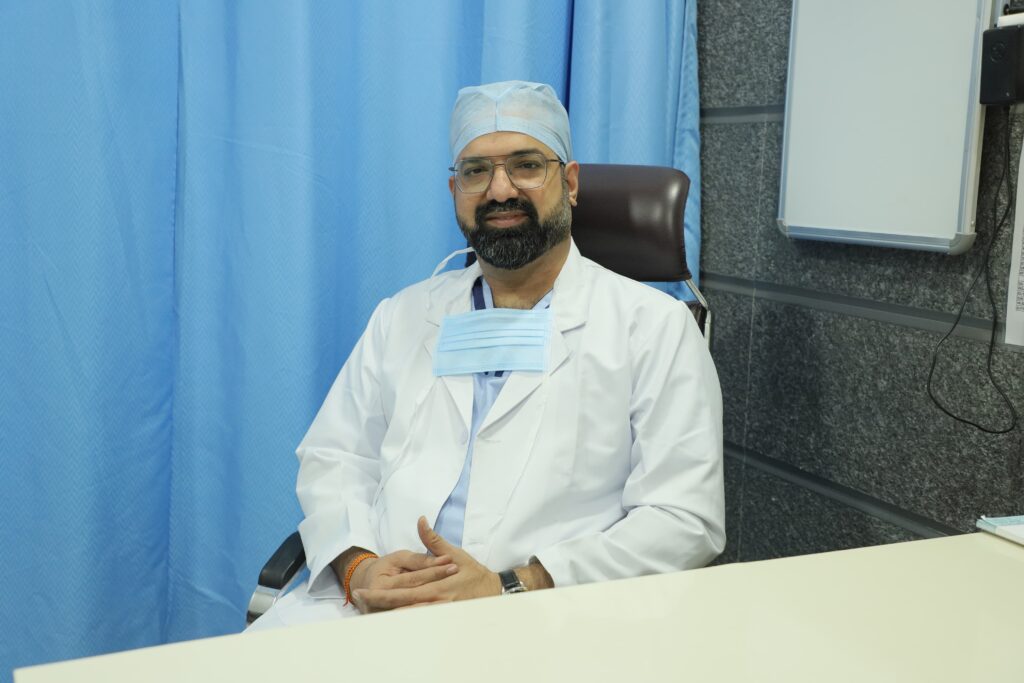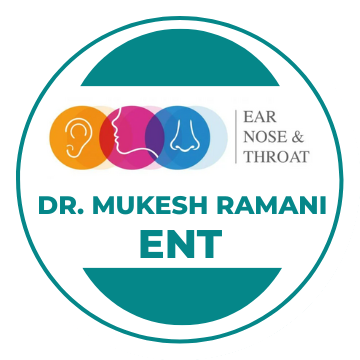Services
We Provide

Understanding Head & Neck Cancer Screening
Head and neck cancer screening is a proactive approach to detecting signs of cancer in the tissues and organs located in the head and neck region. These cancers can affect various structures including the oral cavity, throat, voice box (larynx), thyroid gland, and salivary glands. Early detection through screening can significantly improve treatment outcomes and survival rates. Understanding the purpose, process, and importance of head and neck cancer screening is essential for individuals at risk or experiencing symptoms.
Diagnosis of Head & Neck Cancer
Diagnosing head and neck cancer typically involves a comprehensive evaluation by a healthcare provider, often an otolaryngologist (ear, nose, and throat specialist) or an oral and maxillofacial surgeon. Diagnostic procedures may include:
- Physical Examination: A thorough examination of the head and neck to assess for any abnormalities, lumps, or masses.
- Endoscopy: Endoscopic examination using a thin, flexible tube with a camera to visualize the inside of the throat, larynx, and other structures.
- Biopsy: Removal of a small sample of tissue from suspicious areas for pathological examination under a microscope to confirm the presence of cancer cells.
- Imaging Studies: Imaging studies such as computed tomography (CT) scans, magnetic resonance imaging (MRI), or positron emission tomography (PET) scans may be performed to assess the extent and spread of cancer.
Causes of Head & Neck Cancer
Several factors can contribute to the development of head and neck cancer, including:
- Tobacco Use: Smoking cigarettes, cigars, or pipes, as well as using smokeless tobacco products, significantly increases the risk of developing head and neck cancer.
- Alcohol Consumption: Heavy or excessive alcohol consumption is another major risk factor for head and neck cancer, particularly when combined with tobacco use.
- Human Papillomavirus (HPV) Infection: Certain strains of HPV, particularly HPV-16 and HPV-18, have been linked to an increased risk of developing head and neck cancer, especially oropharyngeal cancer.
- Poor Oral Hygiene: Neglecting oral hygiene practices, such as regular brushing and flossing, can increase the risk of oral cavity and oropharyngeal cancers.
- Environmental Exposures: Exposure to certain environmental factors such as asbestos, wood dust, or industrial chemicals may increase the risk of developing head and neck cancer.
Symptoms of Head & Neck Cancer
Common symptoms of head and neck cancer may include:
- Persistent Sore Throat: Chronic or persistent sore throat that does not resolve with treatment.
- Difficulty Swallowing: Difficulty swallowing (dysphagia) or pain while swallowing.
- Changes in Voice: Hoarseness, changes in voice quality, or difficulty speaking.
- Lump or Mass: Visible lump or mass in the neck, throat, or mouth.
- Ear Pain: Unexplained ear pain or discomfort, particularly in one ear.
Importance of Head & Neck Cancer Screening
Early detection through regular screening can significantly improve treatment outcomes and survival rates for head and neck cancer. Screening is particularly important for individuals at risk due to tobacco use, alcohol consumption, HPV infection, or occupational exposures. Healthcare providers may recommend screening based on individual risk factors, symptoms, or age. It’s important to discuss screening options and recommendations with a healthcare provider to determine the most appropriate approach for each individual.
Head and neck cancer screening plays a crucial role in detecting cancerous or precancerous changes in the tissues of the head and neck region. Early detection through screening can lead to prompt intervention and treatment, potentially improving treatment outcomes and survival rates.
18+
years
of experience

Dr. Mukesh Kumar Ramani
Dr. Mukesh Kumar Ramani is a dedicated Specialist ENT Surgeon at Aster Clinic (Aster Jubilee Medical Complex) in Burdubai, Dubai. With over 18 years of experience in the field, Dr. Ramani has garnered expertise in various aspects of Otorhinolaryngology.
He completed his MBBS from Thanjavur Medical College, Tamilnadu, India, followed by MS (ENT) from B. J. Medical College, Ahmedabad, India, and DNB from the National Board of Examinations, New Delhi, India. Dr. Ramani’s extensive academic background is complemented by his passion for delivering high-quality patient care.
